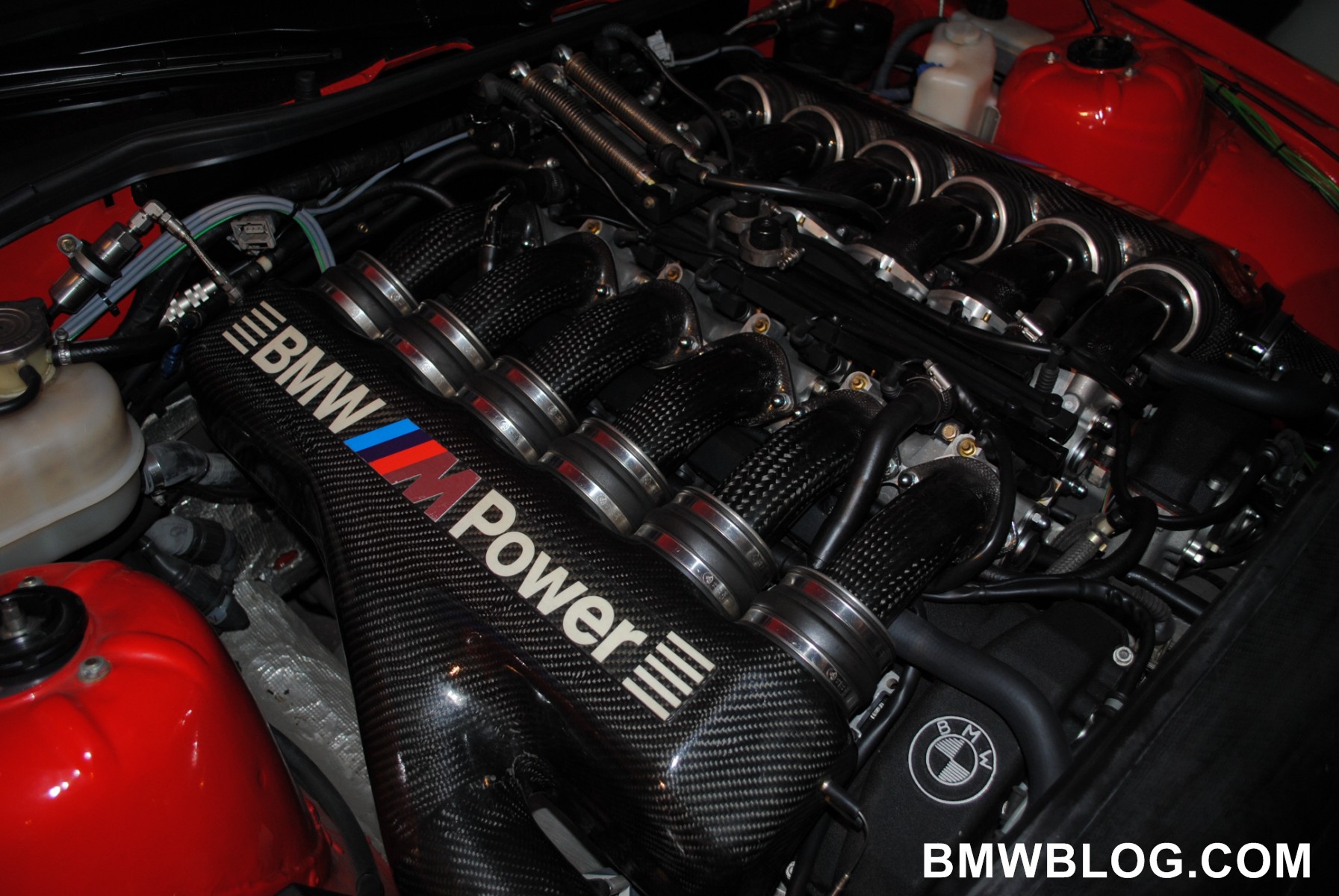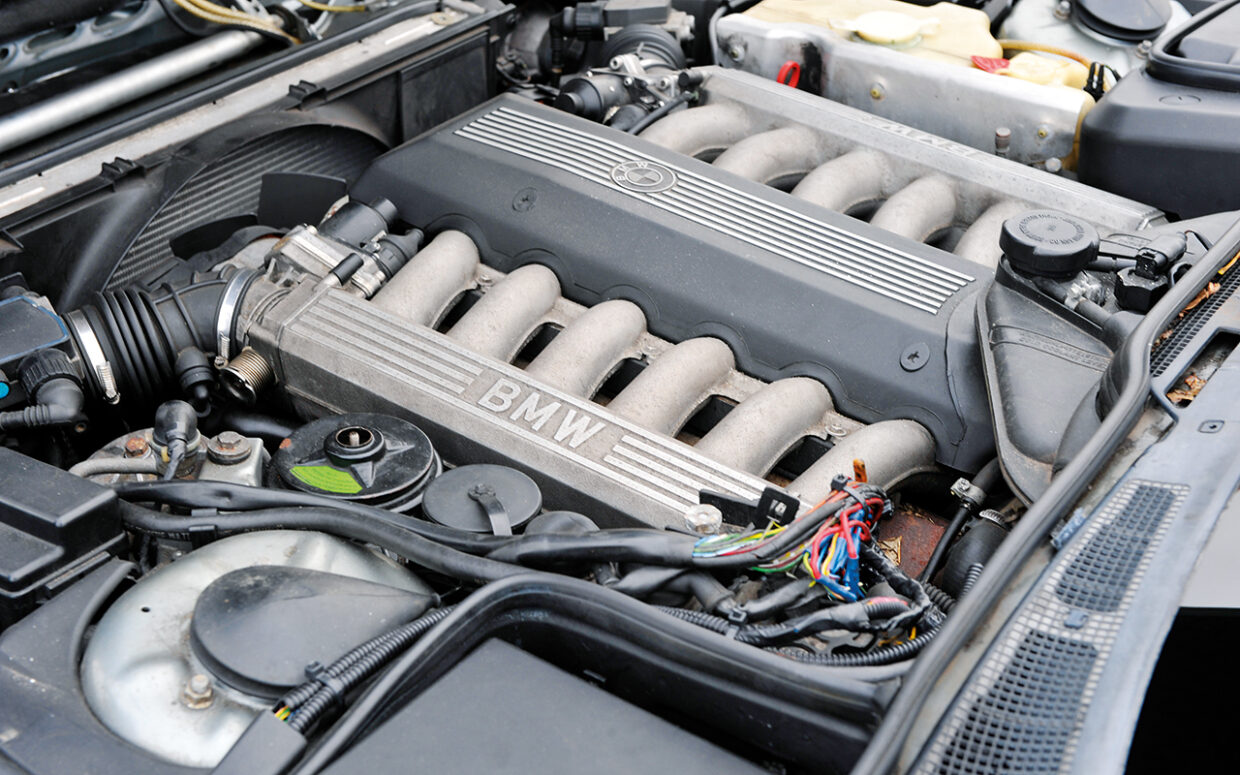Top 5 BMW Engine Technologies Revolutionizing the Automotive Market
Top 5 BMW Engine Technologies Revolutionizing the Automotive Market
Blog Article
Unveiling the Intricacies of Next-Generation Power Units: a Deep Study Advanced Engine Technologies and styles
As we stand on the precipice of a new age in transport, the intricacies of next-generation engine designs bid us to explore the innovative modern technologies and technologies that promise to redefine the driving experience. Diving deeper right into the realms of exhaust control, intelligent engine administration systems, and the perspective of power device advancement, we locate ourselves on the cusp of a change that assures to reshape the landscape of mobility as we recognize it.
Evolution of Engine Products

The shift in the direction of progressed engine products has actually additionally made it possible for engineers to make engines with greater power outputs while keeping gas performance requirements. For instance, using lightweight materials reduces the general weight of the engine, causing boosted gas economic situation and reduced discharges. In addition, innovations in products technology have allowed for better thermal management within engines, causing raised reliability and long life.
Turbocharging and Supercharging Technologies
Just How do Turbocharging and Supercharging Technologies change engine efficiency and efficiency in modern-day cars? Turbocharging and turbo charging are technologies that dramatically improve engine performance by raising the quantity of air intake into the combustion chamber. Turbocharging accomplishes this by utilizing a generator driven by exhaust gases to pressurize the intake air, while turbo charging utilizes a belt- or chain-driven compressor to achieve the same result.
These innovations make it possible for smaller, much more fuel-efficient engines to generate power comparable to bigger ones, referred to as downsizing. Forcibly even more air right into the cyndrical tubes, turbocharging and supercharging enhance burning effectiveness, resulting in boosted horse power and torque output without a substantial rise in engine size. This leads to much better acceleration, pulling ability, and general driving efficiency.
In addition, supercharging and turbocharging add to improved fuel efficiency by enabling the usage of smaller engines that eat much less gas under normal driving problems - bmw engine. This mix of improved performance and performance has made turbocharging and turbo charging important components of several contemporary engine layouts
Exhaust Control and Environmental Impact
With enhancing international issues relating to air quality and environmental sustainability, the execution of emission control innovations in automobiles plays an important duty in decreasing damaging pollutants launched right into the atmosphere. Modern cars are equipped with innovative exhaust control systems that aid decrease the environmental impact of automotive procedures. Catalytic converters, for example, are made to transform poisonous gases such as carbon monoxide gas, nitrogen oxides, and hydrocarbons into less unsafe materials like carbon dioxide and water vapor.
Additionally, innovations in engine technology, such as the assimilation of exhaust gas recirculation systems and careful catalytic reduction, have significantly added to reducing discharges. These innovations work in tandem to optimize burning performance and decrease the release of damaging contaminants into the air. Additionally, the development of crossbreed and electric vehicles represents an important step in the direction of reducing the total environmental impact of the transportation market.
Intelligent Engine Monitoring Solution

Moreover, these systems make it possible for cars to meet stringent discharges standards without compromising performance, supplying a much more eco-friendly driving experience. The integration of expert system and device learning capacities in engine management systems remains to press the borders of what is possible, bring about additional improvements in performance, dependability, and general lorry efficiency. bmw engine. As vehicle modern technology breakthroughs, intelligent engine administration systems will certainly play a vital role in shaping the future of transport towards a much more sustainable and efficient instructions
Future Trends in Power Device Development
As intelligent engine administration systems lead the way for boosted control and optimization in modern-day automobiles, future patterns in power unit growth are poised to redefine the landscape of automotive propulsion innovations. Among the essential fads driving development in power device growth is the change in the direction of electrification. With an enhancing emphasis on sustainability and minimizing carbon discharges, hybrid and electrical powertrains are coming to be more widespread in the automotive sector. These different source of power supply improved effectiveness and efficiency while straightening with rigorous environmental guidelines.
Another significant trend is the combination of advanced materials and manufacturing techniques. Light-weight products such as carbon fiber and aluminum are being made use of to reduce total lorry weight, enhancing gas effectiveness and performance. Additionally, innovations in 3D printing and additive manufacturing are making it possible for the manufacturing of intricate engine elements with higher precision and longevity.
Furthermore, man-made knowledge and device discovering are playing a critical function in maximizing power device performance. These modern technologies enable real-time tracking and adaptive control, resulting in much more reliable and effective power delivery. On the whole, future patterns in power device growth are tailored towards sustainability, efficiency, and performance, driving the automotive sector in the direction of a new age check my site of propulsion technologies.

Verdict
To conclude, the improvements in engine materials, turbocharging, exhaust control, and smart monitoring systems have actually paved the way for next-generation power devices. learn the facts here now These technologies have not just improved performance and efficiency yet likewise reduced environmental effect. As innovation continues to progress, future fads in power system advancement are most likely to focus on additional boosting sustainability and enhancing power result. The detailed layouts and technologies in modern-day engines showcase the ongoing development of auto innovation.
Discovering the progressive advancements in engine products has been crucial in boosting the efficiency and performance of modern engines. Over the years, the evolution of engine products has played a critical duty in pushing the boundaries of what engines can attain.The shift towards progressed engine products has actually additionally made it possible for designers to develop engines with greater power outputs while preserving gas performance standards.The execution of intelligent engine administration systems in modern-day automobiles has revolutionized the way engines are regulated and optimized for efficiency and efficiency. By collecting information in real-time and examining it with sophisticated algorithms, smart engine management systems can adjust to driving styles, ecological variables, and engine health and wellness to maximize power output while lessening fuel intake and discharges.
Report this page